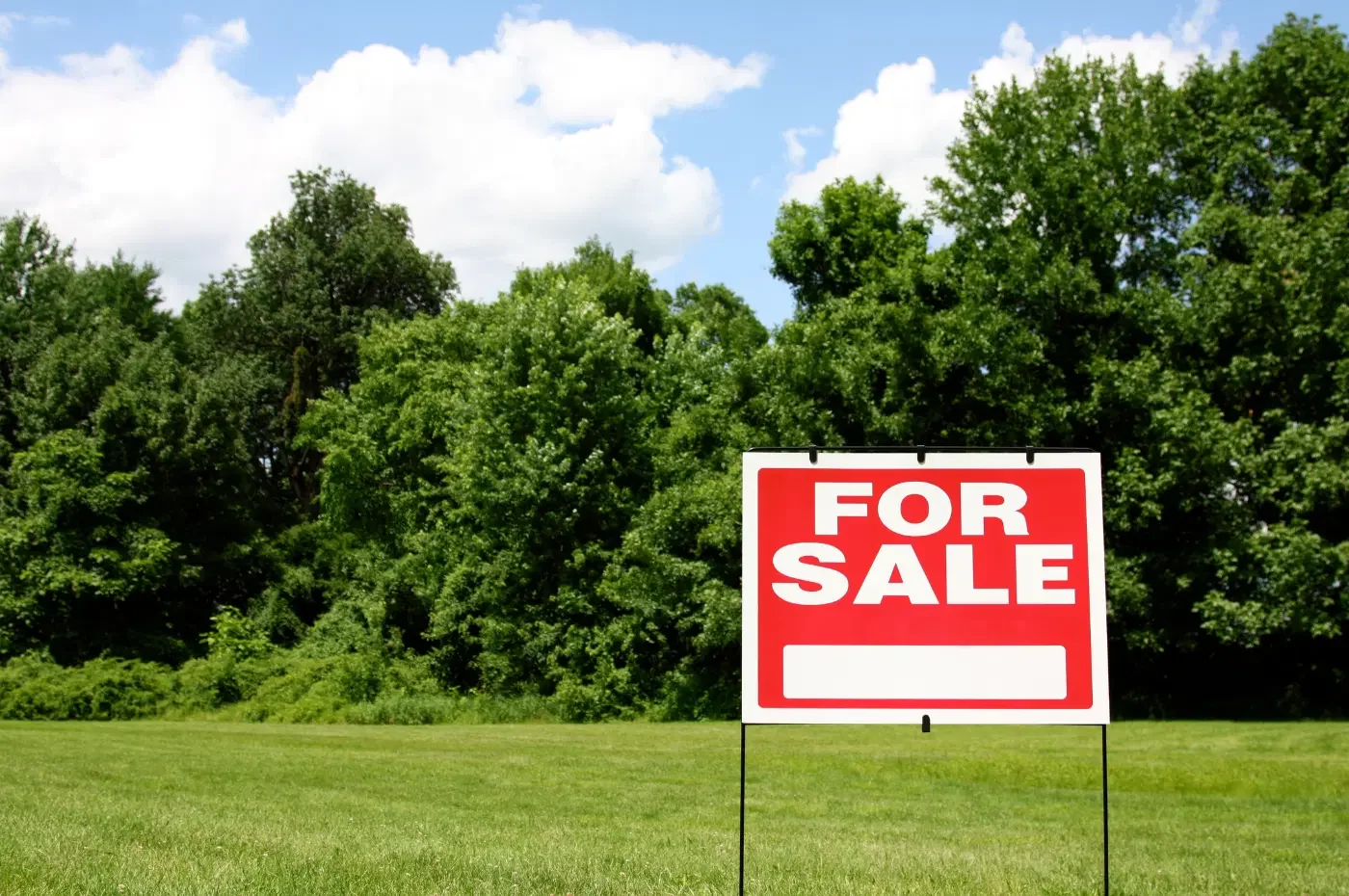Selling Vacant Land? Proactive Tips to Sell Land Fast & Increase Profits
Selling vacant land can be an attractive investment opportunity, but it often presents more challenges than selling a residential home or commercial property. With no structures or developments on the property, potential buyers may struggle to visualize the land's true potential. This is particularly true when vacant lots compete with numerous homes or businesses in a competitive real estate market.
If you're ready to sell your undeveloped land, these tips can help you market it effectively, avoid common mistakes, and maximize your profits.
Understand Your Target Market
The first step in selling vacant land is identifying its best use and crafting a strategy to attract the right buyers. For example, vacant lots on the outskirts of growing cities might appeal to developers looking to create a residential neighborhood, while rural properties at the end of a quiet road could attract individuals seeking recreational, hunting, or getaway properties.
For larger parcels of land, using online aerial mapping tools available through your county assessor or a local real estate professional can be incredibly useful. This allows you to:
Get a clear, full-image view of your property’s layout and its relation to nearby lots.
Assess topographical features that could enhance your marketing efforts.
Visualize potential divisions of large parcels and avoid access-related complications.
Plan for future developments, like subdivisions, utility easements, roads, or fencing placements.
Get a Professional Survey
If your property is large and you plan to subdivide it, getting a professional land survey is crucial. This provides you with precise measurements, easement information, setbacks, and a clear title description, all of which will speed up the sales process.
Even for smaller plots, investing in an up-to-date survey ensures you're presenting accurate and reliable information to potential buyers.
Check for Restrictions and Covenants
Selling vacant land involves a bit of legwork, especially when it comes to checking for covenants or deed restrictions that could affect the property's value or use. Before listing, check for any applicable restrictions and disclose them to buyers.
In some cases, it may be beneficial to add restrictions to protect the property’s long-term value. For example, limiting livestock types or banning noisy, polluting businesses can safeguard the area’s appeal to future owners.
Understand Zoning Laws
Zoning laws play a critical role in the type of buyer you're likely to attract. For small residential lots, zoning regulations could determine whether the land is suited for private buyers, homebuilders, or developers looking to expand.
Before listing your land, contact the local zoning office to fully understand the current zoning laws and any upcoming changes that could impact your property’s marketability. This helps you make informed decisions and accurately market your land.
Prepare the Land for Sale
A neglected property can significantly reduce its appeal and selling price. To attract more buyers and achieve top dollar, take time to clean up the land. Consider the following tasks:
Clearing brush and overgrown vegetation.
Removing debris or litter.
Addressing erosion or other land damage.
Making the property more visually appealing will increase its value and marketability.
Price the Land Correctly and Market Aggressively
The most important factor in selling vacant land is pricing it competitively. Overpricing can lead to slow sales, while underpricing means losing out on potential profits. A skilled real estate agent with experience in land sales can help you determine the right price and guide you through the marketing process.
When selecting an agent, look for someone with recent experience in selling land in your area. Take the time to walk the property with them and listen to their marketing strategy before making a final decision.
Selling vacant land requires careful planning and attention to detail. With the right approach, you can avoid common pitfalls and maximize the value of your property. Take your time to research, prepare, and partner with the right professionals to ensure the best results.

